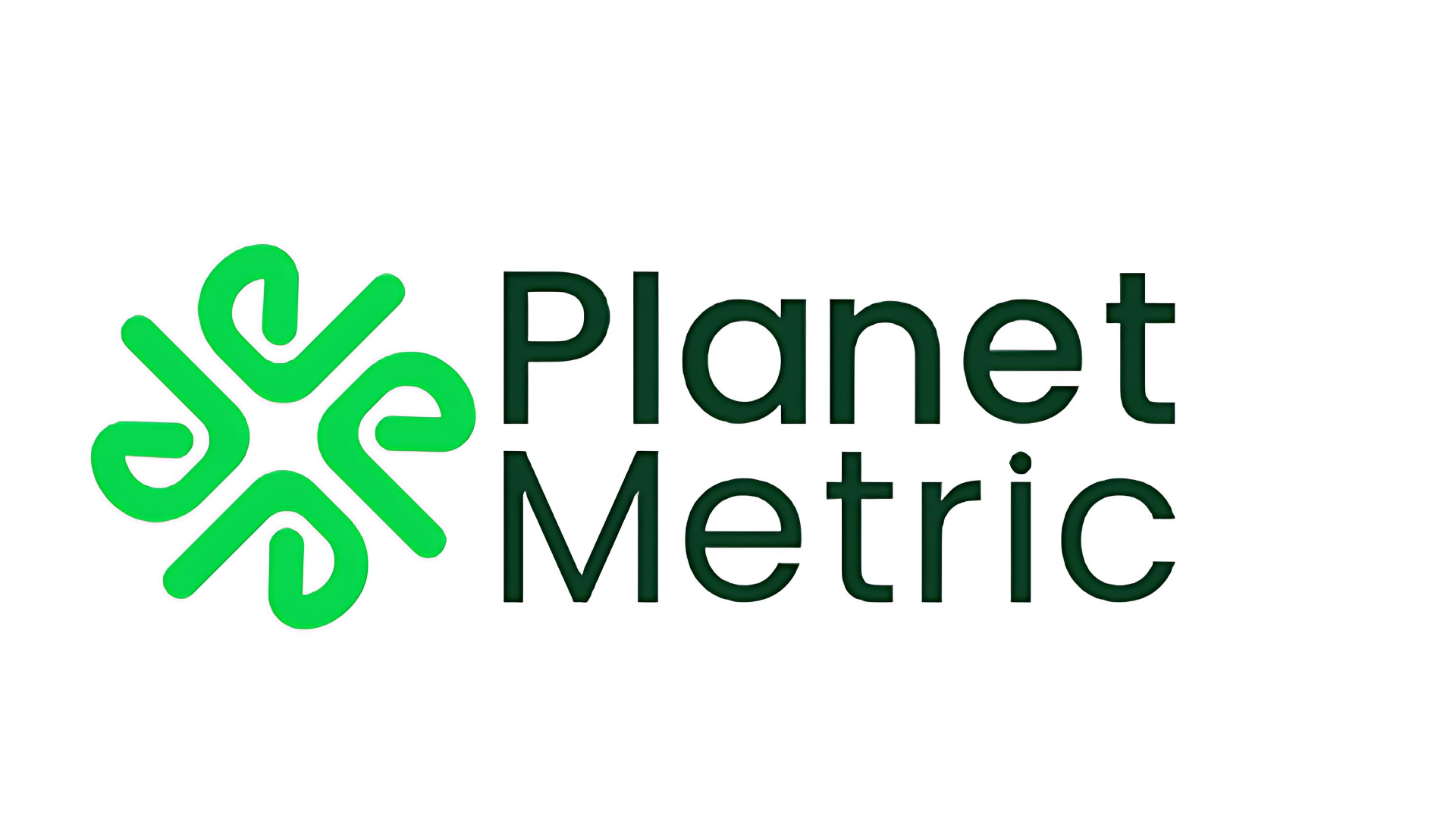The Hidden Cost of Manual ESG Reporting
Across many organizations, ESG reporting is still managed through Excel files, scattered templates, and endless email threads. At first, this may seem manageable a few months of data collection, review, and submission to regulators. But over time, this fragmented process becomes one of the biggest obstacles to achieving credible, consistent, and decision-ready ESG data.
Manual ESG reporting doesn’t just slow things down. It silently drains resources, introduces risk, and weakens the strategic value of sustainability data.
Data fragmentation and duplication
Most organizations collect ESG metrics from different departments operations, finance, HR, risk each using its own formats, systems, and definitions. Without a unified data model, every reporting cycle begins with reconciliation: verifying versions, cleaning formats, and chasing missing numbers. This process creates duplication, inconsistent baselines, and a constant risk of error.
Planet Metric helps address this challenge by establishing a single data foundation. Instead of collecting ESG information once a year, organizations can automate collection across departments and frameworks from the Central Bank of Egypt (CBE) to the EU’s CSRD and SFDR standards ensuring the same data drives both compliance and business decisions.
The time cost of verification
Sustainability teams spend weeks validating spreadsheets, matching KPIs to frameworks, and aligning disclosures with auditor requirements. This time-intensive work delays reports and distracts teams from higher-value activities such as scenario analysis or risk planning.
With Planet Metric, validation rules are built directly into the platform. Data is checked automatically against regulatory requirements, materiality thresholds, and emission factors. This reduces manual review cycles and ensures that every metric submitted is backed by traceable evidence.
When data loses credibility
The biggest cost of manual reporting isn’t operational it’s reputational. Regulators and investors are tightening scrutiny on ESG data accuracy. A single inconsistency or unverifiable figure can undermine the credibility of an organization’s entire sustainability narrative.
Planet Metric minimizes that risk through automated audit trails, version control, and embedded documentation. Every change in data is logged, every source linked, and every report mapped to its framework. This transparency not only satisfies regulators but also builds confidence among lenders, investors, and stakeholders who rely on the data.
From compliance to intelligence
True ESG transformation starts when reporting stops being an annual exercise and becomes part of daily decision-making. Planet Metric turns ESG data into an active management tool enabling banks, ministries, and enterprises to track progress, identify risks, and plan climate-finance strategies in real time.
Manual processes were once enough to meet disclosure requirements. Today, they are a barrier to impact. As sustainability expectations rise, organizations need the right infrastructure to keep ESG data accurate, timely, and actionable.
Planet Metric provides that infrastructure an automated ESG platform that moves businesses from manual reporting to continuous intelligence. Request a demo today with our sustainability team and see for yourself! https://planetmetric.com/request-demo/



